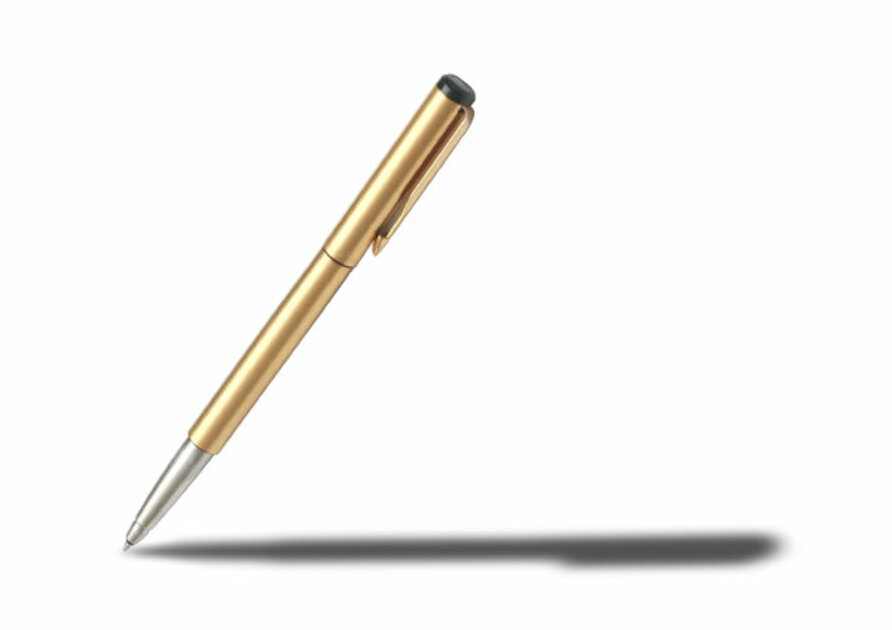
A Broken Heart is More Whole
A dilemma was raised before the Sages: If one priest is ritually impure and another has a blemish, which of them should enter to perform repairs? Rav ßĖżiyya bar Ashi said that Rav said: The impure one should enter, as he is permitted to participate in communal service. If the entire community is ritually impure, even impure priests may perform the service, whereas blemished priests may not serve under any circumstances. Rabbi Elazar says: The one with the blemish should enter, as he is permitted to eat consecrated foods, which indicates that he retains the sanctity of the priesthood despite his blemish. The Gemara leaves this question unresolved.
ūÉų┤ūÖūæų╝ųĘūóų░ūÖųĖūÉ ū£ų░ūöūĢų╝: ūśųĖū×ųĄūÉ ūĢų╝ūæųĘūóųĘū£ ū×ūĢų╝ūØ, ūÉųĄūÖū¢ūĢų╣ ū×ųĄūöųČū¤ ūĀų┤ūøų░ūĀųĖūĪ? ū©ųĘūæ ūŚų┤ūÖų╝ųĖūÖūÉ ūæų╝ųĘū© ūÉųĖū®ūüųĄūÖ ūÉųĖū×ųĘū© ū©ųĘūæ: ūśųĖū×ųĄūÉ ūĀų┤ūøų░ūĀųĖūĪ, ūōų╝ų░ūöųĖūÉ ūÉų┤ūÖū®ūüų░ū¬ų╝ų░ū©ų┤ūÖ ūæų╝ųĘūóų▓ūæūĢų╣ūōųĘū¬ ū”ų┤ūÖūæų╝ūĢų╝ū©. ū©ųĘūæų╝ų┤ūÖ ūÉųČū£ų░ūóųĖū¢ųĖū© ūÉūĢų╣ū×ųĄū©: ūæų╝ųĘūóųĘū£ ū×ūĢų╝ūØ ūĀų┤ūøų░ūĀųĖūĪ, ūōų╝ų░ūöųĖūÉ ūÉų┤ūÖū®ūüų░ū¬ų╝ų░ū©ų┤ūÖ ūæų╝ųĘūÉų▓ūøų┤ūÖū£ųĘū¬ ū¦ųĖūōųĖū®ūüų┤ūÖūØ.
The Shalah discusses a situation where a person who became disfigured wanted to lead the congregation. The question was, since modern day prayer is a substitute for the Temple service perhaps a person with a blemish should not be preferred. The Maharshal is reported to have answered, that in fact this person is the ideal Shaliach Tzibbur, as he is humble. He quotes a Midrash were Rabbi Alexanderi states, “Unlike a mortal king who uses only whole vessels, G-d’s best vessels are broken - persons with broken hearts.”
The Shalah (ū®ū£ū┤ūö ūĢūĢūÖ ūöūóū×ūĢūōūÖūØ ū¢) asks, in fact, in the Temple service Hashem does not accept a sacrifice nor a Cohen with a blemish. He answers brilliantly that there is a distinction between the offering to G-d and the atonement. The offering to G-d must be pure and unblemished, therefore a sacrifice and the cohen offering the sacrifice must be without any disfigurement. However, the atonement is achieved by the consumption of the sacrificial meat. This is why in fact a Cohen with a blemish is permitted to consume meat of the sacrifice.
This brings us back to the Shaliach Tzibbur. Indeed prayer is a substitute for Temple service. However the service it substitutes for is NOT the offering on the altar but rather the consumption of the sacrificial meats that constitute the atonement. Thus, a Shaliach Tzibbur who is disfigured is permitted and even preferred due to his humble state.
for Video Shiur click here to listen: Psychology of the DAF Eruvin 105
Translations Courtesy of Sefaria, except when, sometimes, I disagree with the translation ![]()
If you liked this, you might enjoy my Relationship Communications Guide. Click on the link above.
Rabbi Simcha Feuerman, Rabbi Simcha Feuerman, LCSW-R, DHL is a psychotherapist who works with high conflict couples and families. He can be reached via email at simchafeuerman@gmail.com
 Previous
Previous

